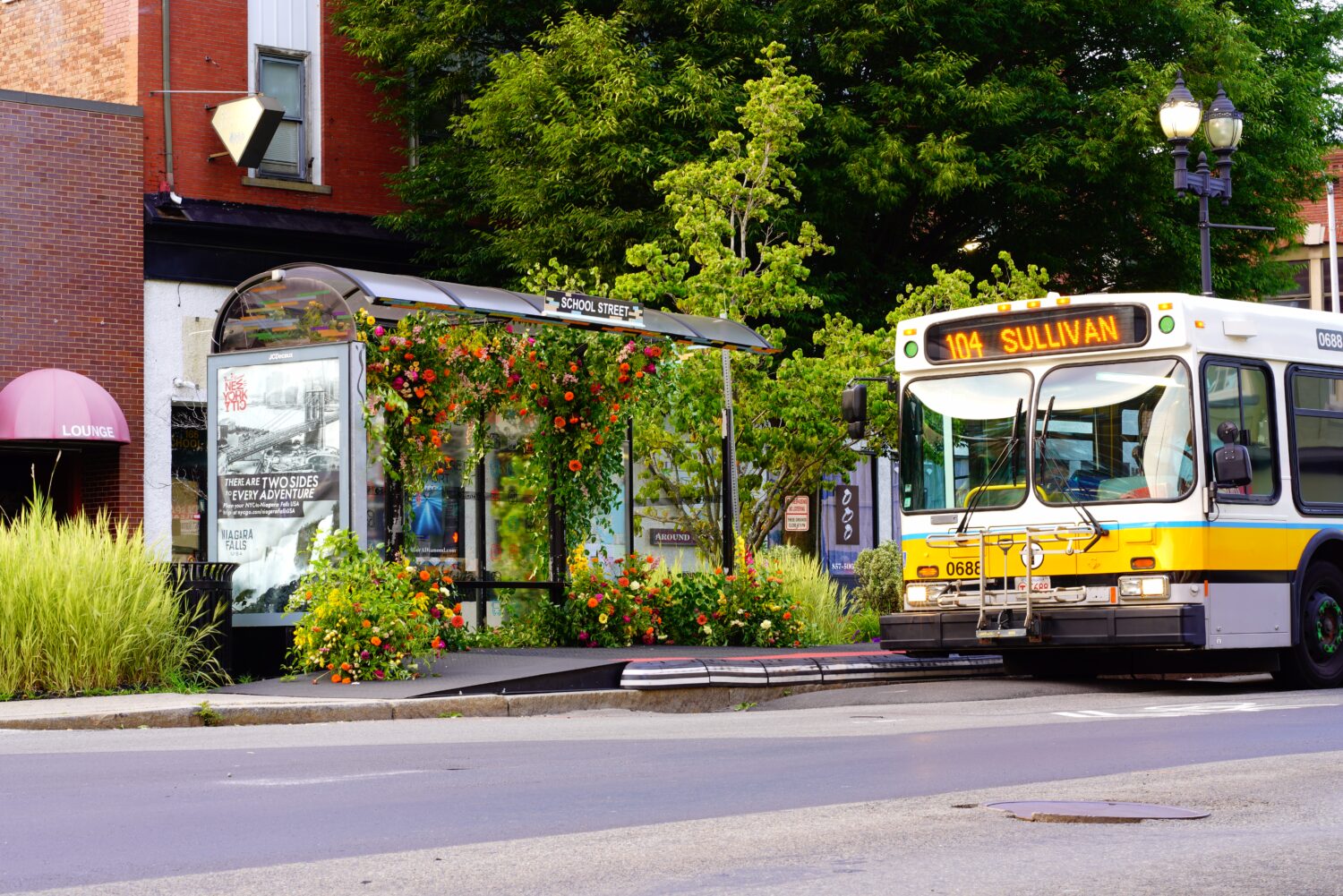In my previous blog post, I discussed the steps we are taking on the Climate Program team to assess how our work can better reflect Barr’s core value to center racial equity.
Open conversations and honest feedback from our grantees have been critical—both in terms of what Barr can change and how we can best support our partners’ related efforts. That’s why we commissioned an organizational racial equity self-assessment tool.
In the fall of 2021, we engaged Maricela Piña and Nayeli Bernal at Community Centered Evaluation and Research (CCER) to develop a self-assessment for organizations to reflect on their racial equity efforts and to help them benchmark progress over time.
In this post, I’ll be sharing information about our process, the tool, and key findings. While we recognize that the self-assessment is just one way to obtain a snapshot of racial equity practices, it is our hope that organizations in the climate movement (including philanthropic organizations) will consider taking concrete steps to examine their own organizational practices and culture.It is also our hope that other funders will dedicate resources to help their grantees align their expressed intentions with their actions. We believe that lasting change will result when organizations in our field are willing to engage in uncomfortable conversations, execute plans to strengthen areas they have identified, and learn from and support each other.
The Process
The tool CCER developed drew upon the contributions of many experts in the racial equity field. As we worked with CCER to design the organizational self-assessment for our grantees, we prioritized creating space for our grantees to shape the tool that they would be using. We formed a compensated advisory team, comprising grantees from across the program to help steer and inform each phase of the process.We also tried to be clear in our expectations: this is a self-assessment, not a test. Honest self-reflection is essential, and organizations will only get out what they put in. Recognizing that people would have questions and concerns, we organized an informational webinar and made ourselves and our consultants available for conversation about the self-assessment.
The Tool
What CCER created was a self-assessment that offered an opportunity for organizations to reflect on their internal and external work to advance racial equity.
We aimed to be comprehensive and gathered information about:
- Respondents’ demographic information, including position, tenure, and experiences at the organization
- Organizations’ internal efforts, such as learning activities, communications, and operations – for staff, board, and committees
- Organizations’ external efforts, such as the organization’s competencies on community engagement and inclusion, as well as power and systems analyses
- Organizations’ previous history, including successes, challenges, and opportunities to work on (including places where additional support would be welcome)
In creating a tool to gather all this information confidentially, we ended up with three slightly different versions tailored to the respondent’s role: Leadership, Staff, and Board.
After receiving the completed self-assessments, CCER created an Organization Profile for each grantee which provided a score for various dimensions of their internal and external work, as well as reflection questions to prompt discussion among staff, leadership, and board members.
Key Findings
While full details and findings can be found in a summary report, here are some high-level findings that we’re excited to share:
- Climate nonprofits welcomed the chance to use this new tool. We made this self-assessment available and optional for all our current grantees. 81 organizations (90% of current grantees) chose to invest the time to complete the self-assessment.
- Barr and our partners are mission-aligned. 96% of respondents reported that centering racial equity fits within their mission and that they include racial equity in their work.
- Climate grantees are in varying stages in their progress. Almost half (46%) are in the early stages of racial equity development.
- Grantees in the early stages reported less meaningful mechanisms of including community voices, and were more likely to identify senior management, board members, or funding sources as an impetus for engaging in racial equity work.
- Organizations led by people of color reported more advanced practices across both internal and external dimensions. They reported more practices reflecting deep engagement with their communities, and less often reported development of working groups and internal structures specific to racial equity.

Continuing the Work
After participating organizations were provided with their profiles, we received feedback on how the racial equity self-assessment prompted or accelerated conversations about areas of growth. We are eager to continue to learn about actions our grantees are taking, as well as hear about the continued challenges they face. We’re dedicated to learning together with them, being reflective about how we can keep improving, as we work to ensure our program’s resources are going to those organizations who are operationalizing their commitments to racial equity.
To date, this process has affirmed our intention to set a clear direction – for Barr and our partners–without expecting that everyone go at the same pace or approach the work in the same way. We view this effort as an ongoing, iterative learning exercise for ourselves and our partners. We are thankful for the feedback that we’ve received thus far about the self-assessment process and look forward to improving future versions.We’ll also continue sharing what we are learning, the actions we are taking, as well as grantee perspectives in upcoming blog posts.



